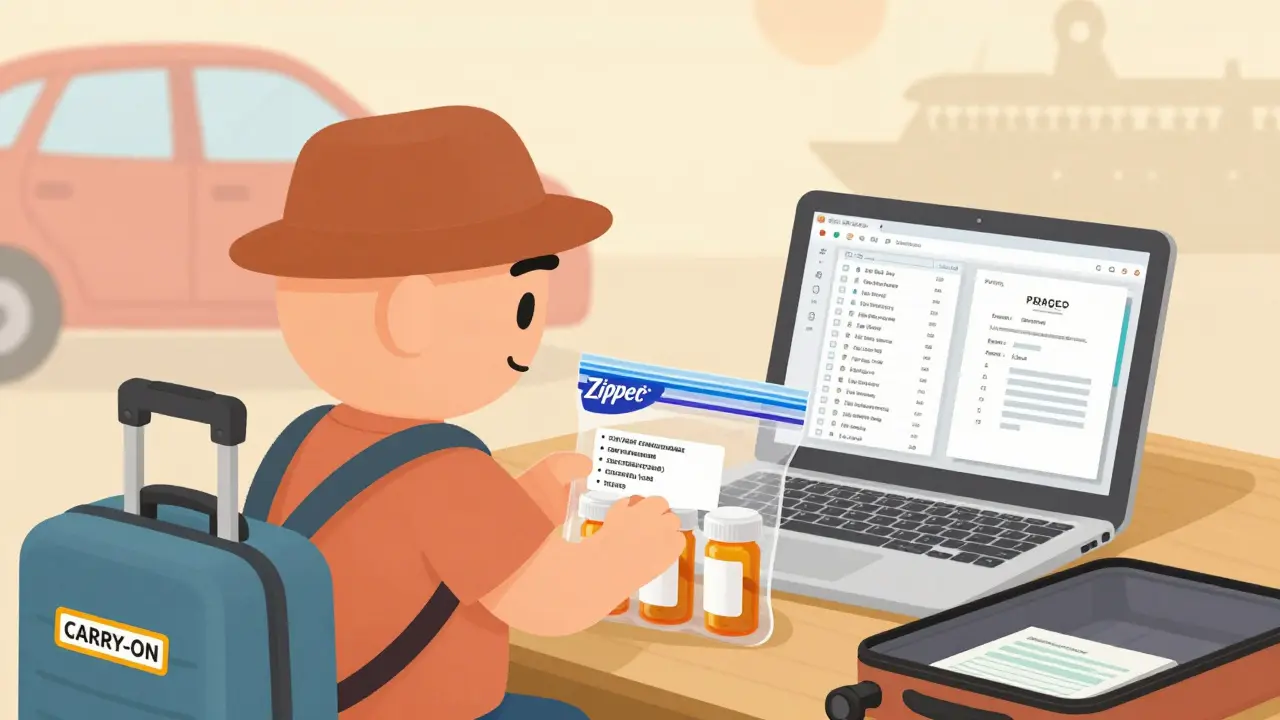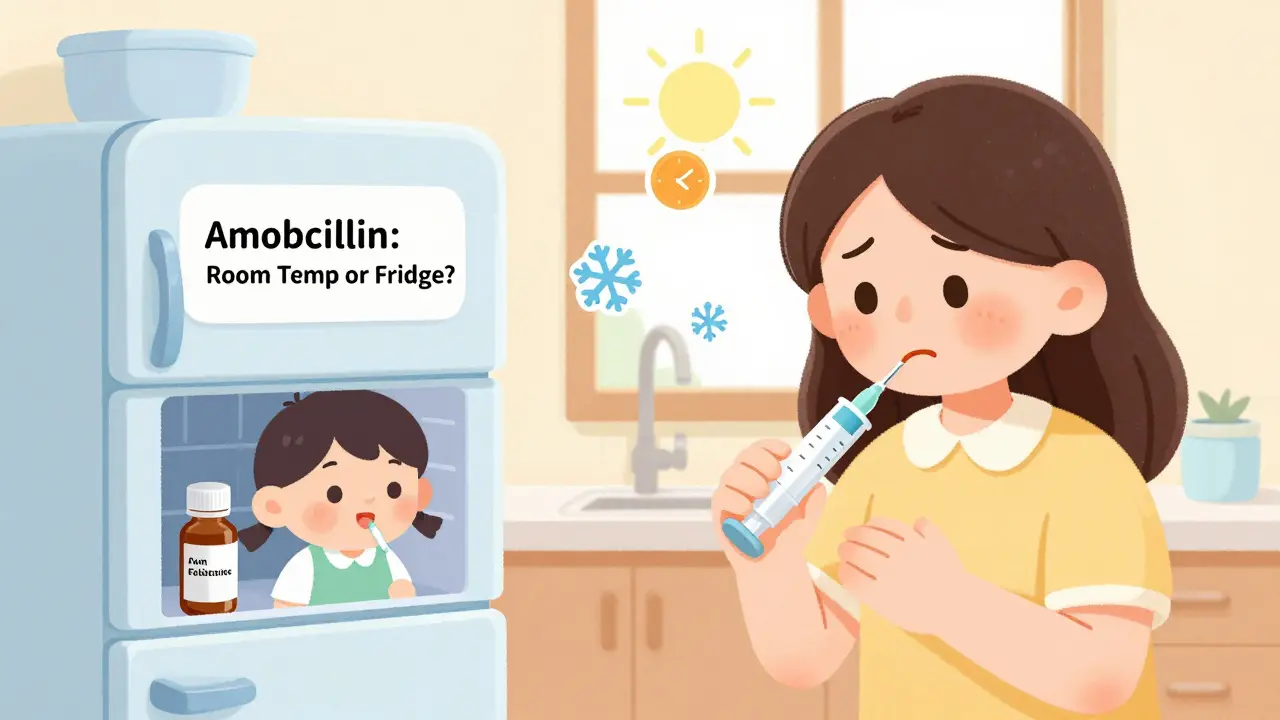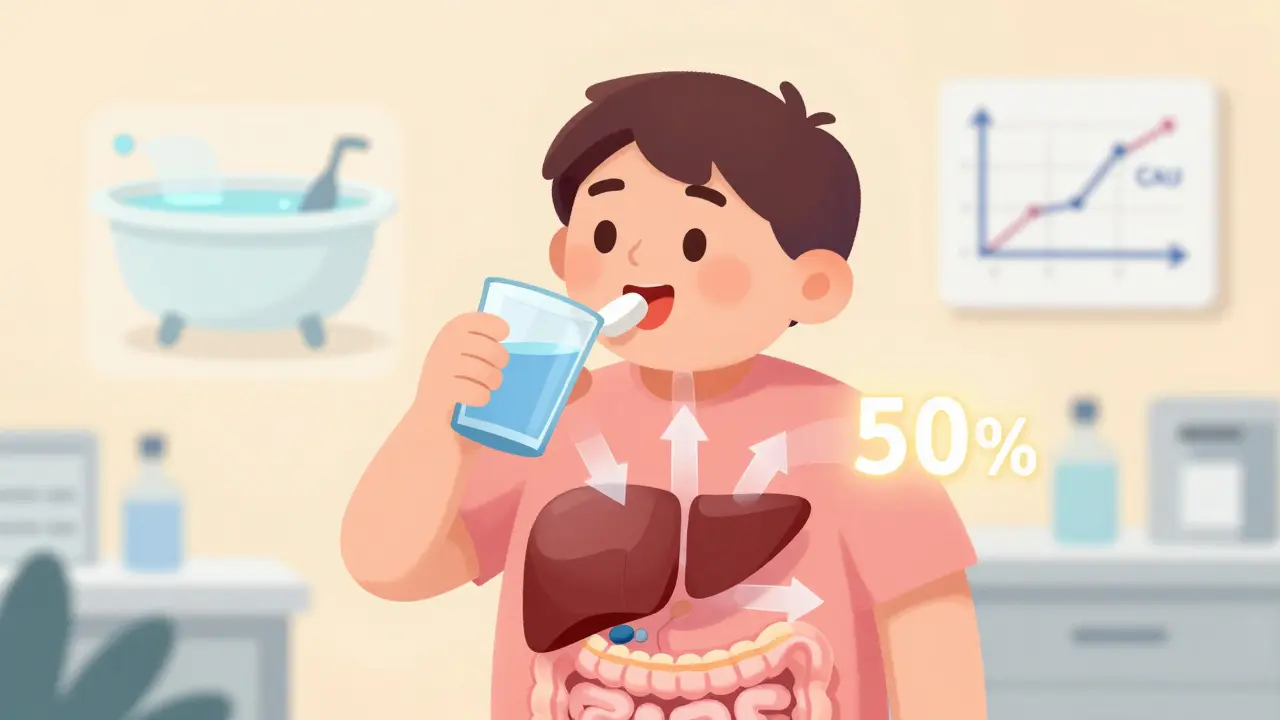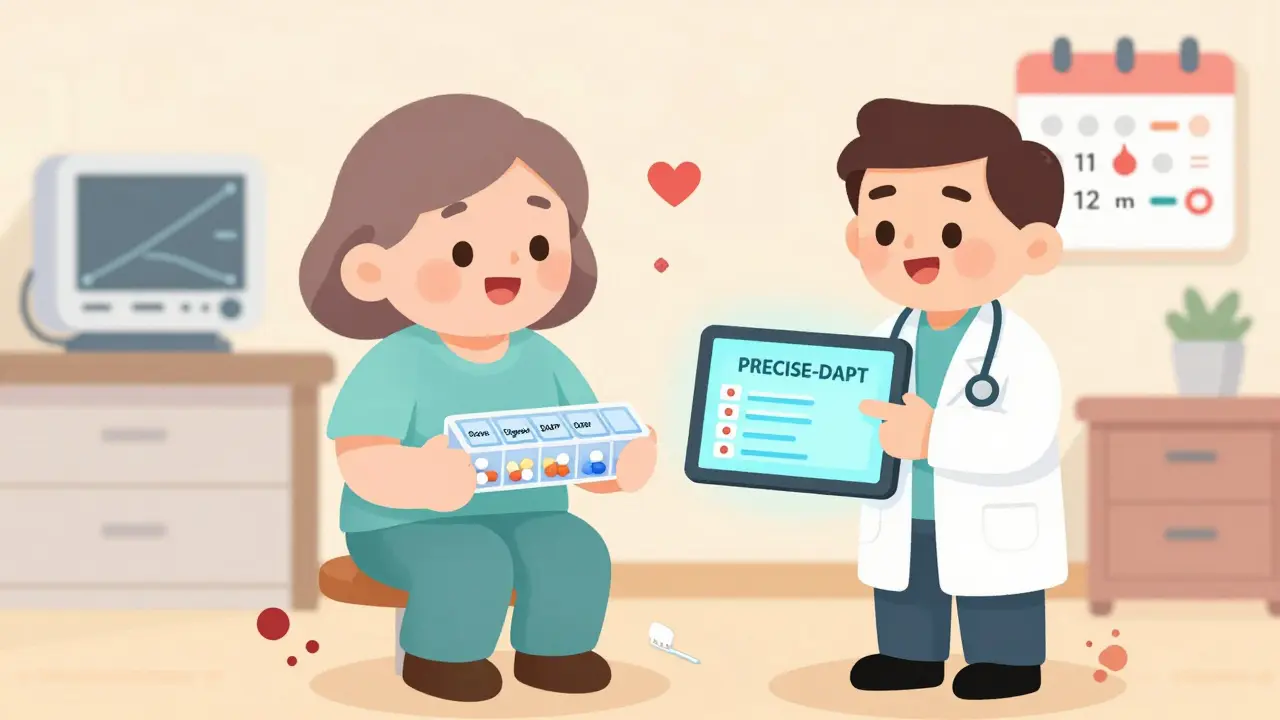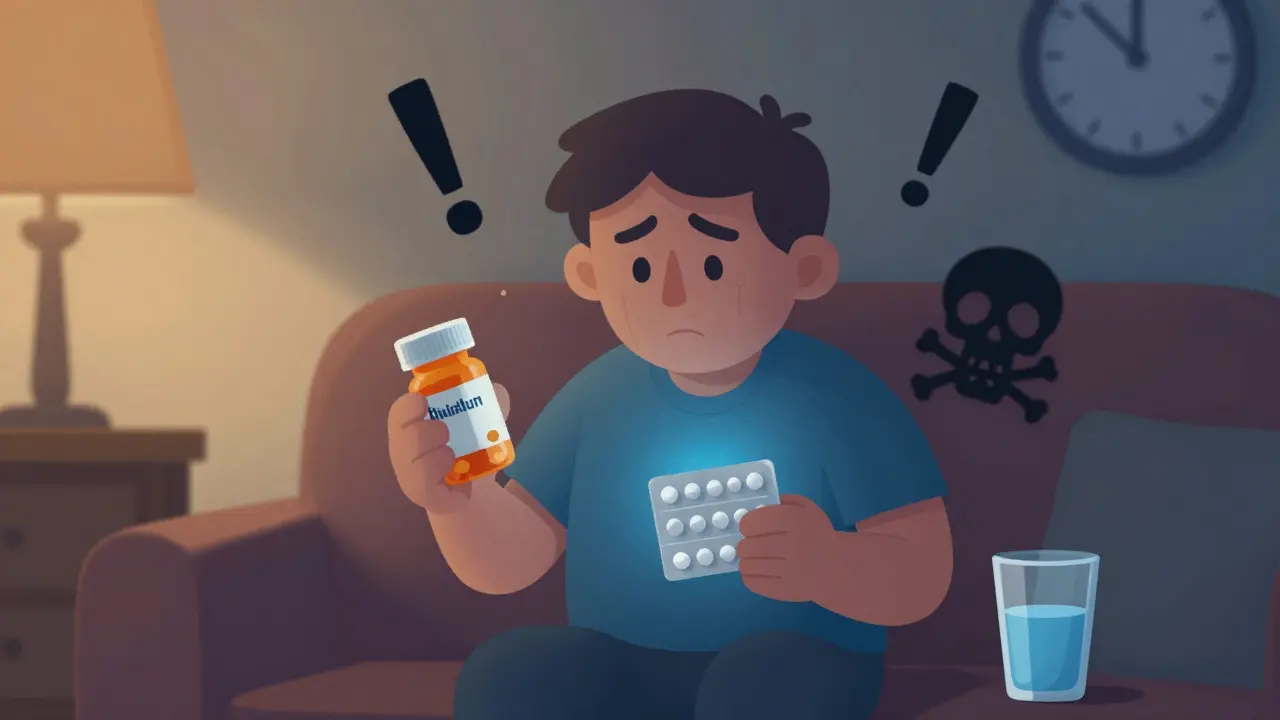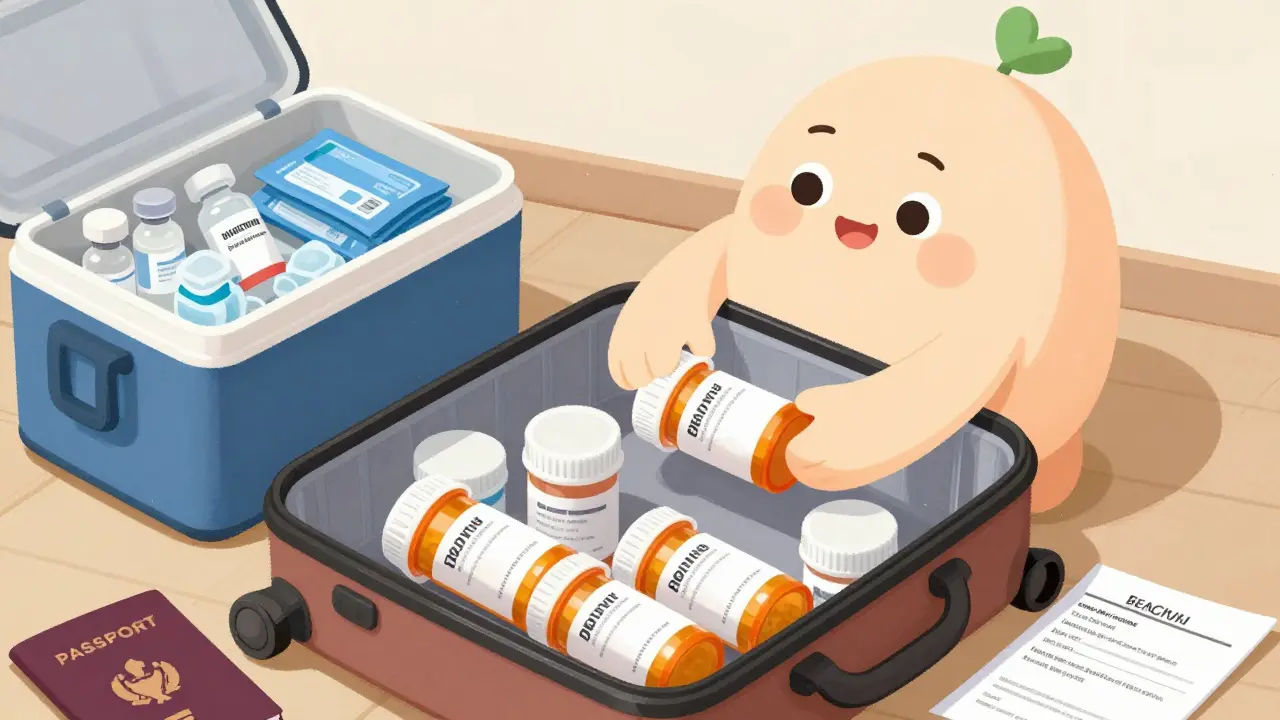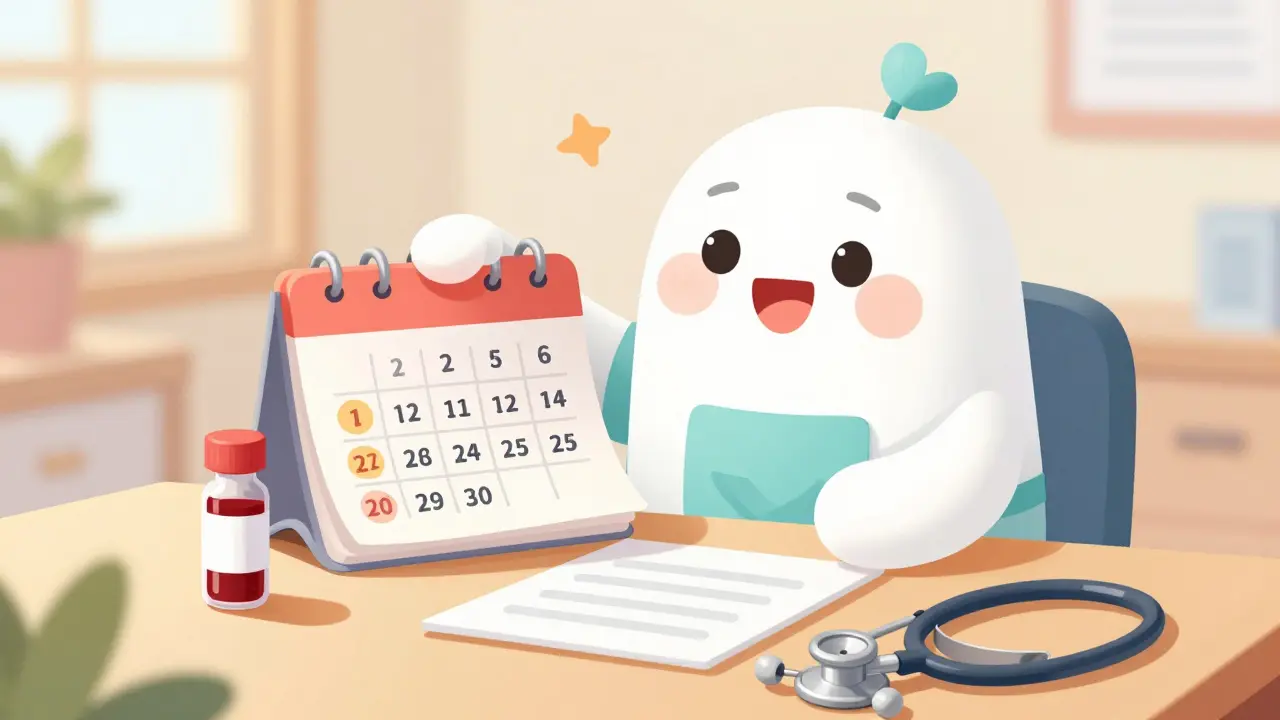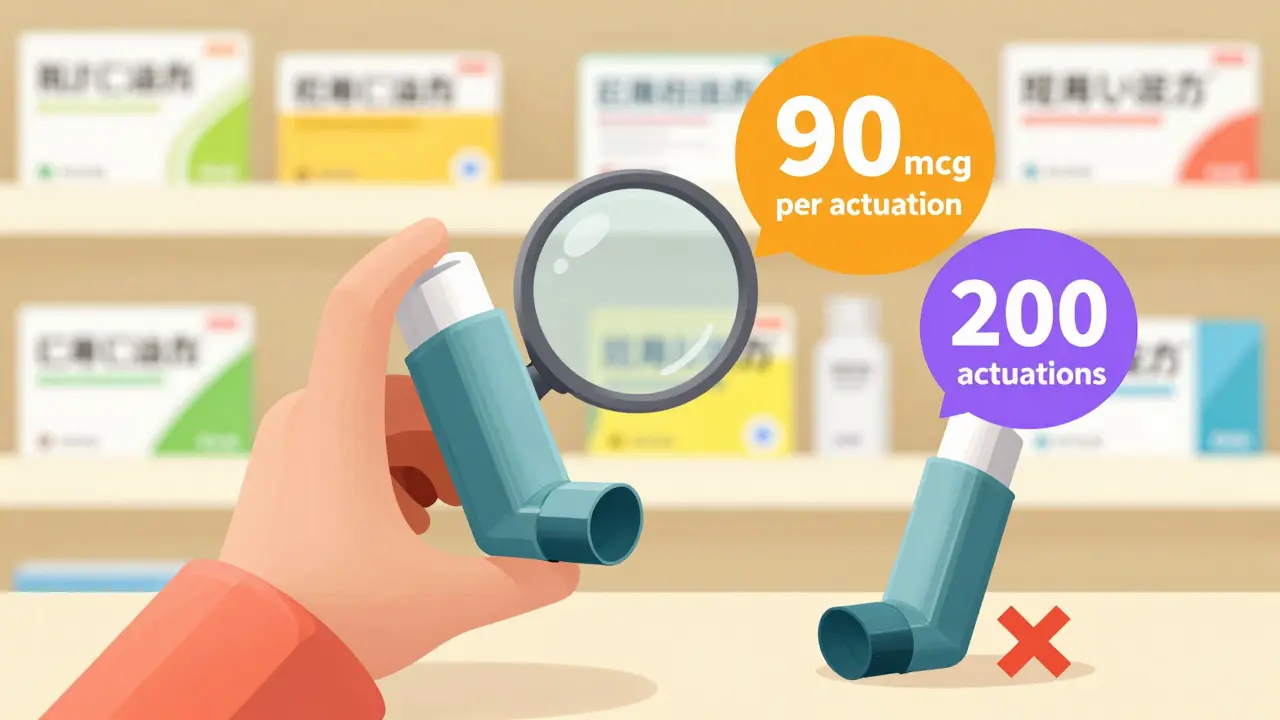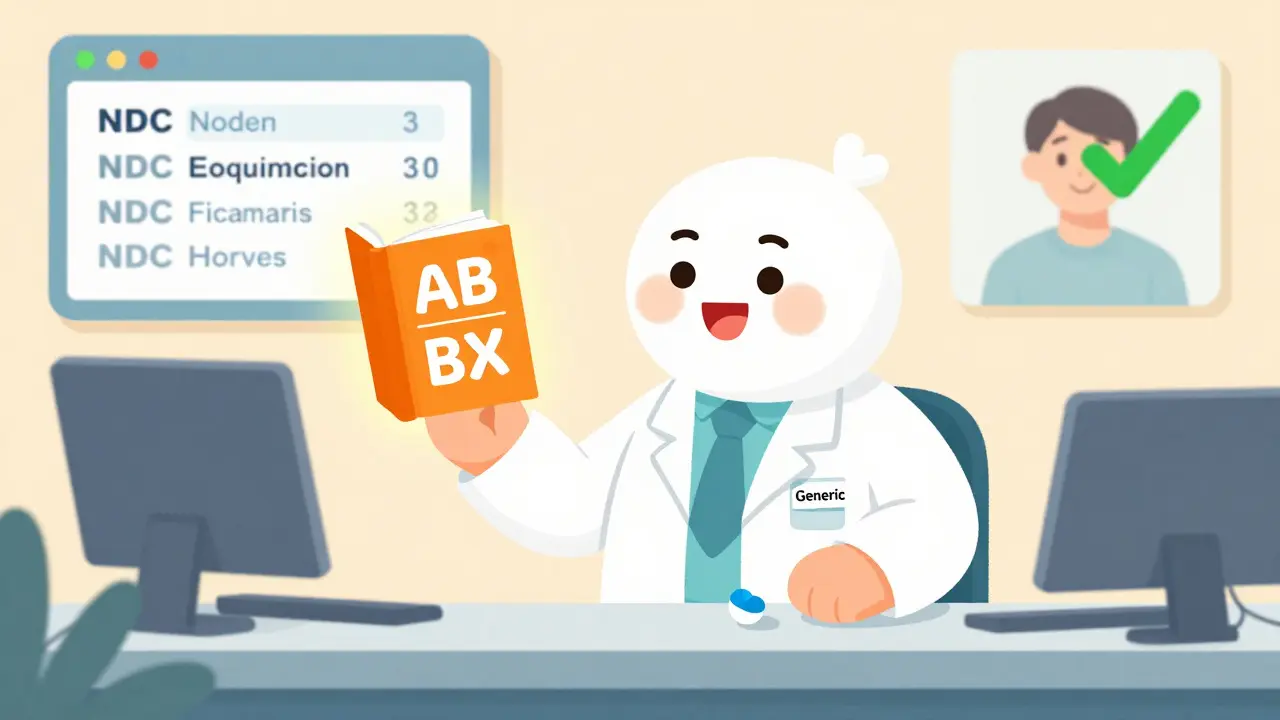Medicines: What They Do, How to Take Them, and Safer Options
Looking for straight‑forward info on the meds you or a loved one take? You’re in the right place. On this page we pull together the most useful articles from e4drugs.com, all written in plain language you can actually use.
Top Articles You’ll Love
We’ve grouped the hottest reads into three easy sections. Each article gives you the basics—what the drug treats, how to dose it, common side effects, and what to watch for when mixing with other meds.
Uroxatral (Alfuzosin) – A quick rundown on this prostate‑relief drug, covering dose ranges, potential side effects, and cheaper alternatives you can discuss with your doctor.
Diclofenac Sodium & Blood Pressure – Learn why this painkiller can raise your blood pressure, who should be extra careful, and simple steps to protect your heart while you treat aches.
5 Alternatives to Doxazosin (2025) – If you’re looking to switch from Doxazosin, we compare five modern options, highlighting benefits, drawbacks, and what each works best for.
7 Smart Losartan Alternatives – Need a different hypertension drug? This guide walks you through seven choices, from Olmesartan to newer combos, with a quick comparison table.
Cytotec Alternatives – Cytotec isn’t right for everyone. Discover nine other meds that can handle its same uses, plus a balanced look at pros and cons.
9 Propecia Alternatives (2025) – From natural supplements to newer prescription formulas, these options give you a fresh shot at tackling hair loss.
How to Use This Site
First, pick the article that matches your question. The titles are written to tell you exactly what you’ll get—no medical jargon, just the facts you need.
Second, read the “Uses” and “Dosage” sections to confirm the drug matches your condition and fits your daily routine. If an article mentions a “safer alternative,” check that out before you talk to your doctor.
Third, look at the “Side Effects” and “Interactions” rows. Knowing the red flags before you start can save you a trip to the ER later.
Finally, use the “What to Discuss with Your Doctor” tips. They’re short talking‑points you can bring to your next appointment, making the conversation clear and focused.
We keep everything up to date, so you’ll find 2025‑ready info on the newest options and the latest safety warnings. If you’re unsure about anything, the best move is always to ask your healthcare provider—our guides are a starting point, not a prescription.
Got a specific medication you can’t find? Use the site’s search bar or drop a quick question in the comment section of any article. Our community of readers and experts love to share real‑world experiences that can help you decide what’s right for you.
Learn how to safely pack prescription meds for road trips and cruises with TSA-approved methods, extra supply tips, and country-specific rules to avoid delays, confiscation, or medical emergencies.
Read More
Learn how to store children's antibiotic suspensions correctly to ensure they work. Amoxicillin, Augmentin, Zithromax, and others each have different rules - and storing them wrong can make them ineffective or even dangerous.
Read More
Learn how bioavailability and bioequivalence ensure generic drugs work as well as brand-name ones. Understand the science behind FDA approval, the 80-125% rule, and why most generics are just as effective.
Read More
Dual antiplatelet therapy (DAPT) reduces heart attack risk after stents but increases bleeding. Learn how to manage bleeding side effects with newer guidelines, drug choices, and personalized strategies that balance safety and effectiveness.
Read More
Pregnancy medication risks vary by trimester - what’s safe in week 20 may be dangerous in week 8. Learn which drugs pose structural, functional, or newborn risks based on precise timing, backed by real data from millions of pregnancies.
Read More
Lithium is effective for bipolar disorder, but NSAIDs, diuretics, and dehydration can push levels into toxic range. Learn how everyday medications and habits risk serious side effects - and how to stay safe.
Read More
A practical guide for travelers on how to locate pharmacies and manage medication needs abroad. Covers pre-travel preparation, country-specific regulations, emergency resources, and avoiding counterfeit drugs.
Read More
Lab monitoring calendars track blood tests to catch medication side effects early. They're essential for drugs like clozapine, lithium, and warfarin. This guide explains how to create and use personalized schedules, avoid common mistakes, and stay safe. Consistent monitoring prevents hospitalizations and keeps treatment on track.
Read More
Learn how to read prescription labels for inhalers, patches, and injectables to avoid dangerous mistakes. Understand dosage, concentration, and administration rules that can save your life.
Read More
Learn how pharmacy systems correctly identify generic and brand drugs using NDC codes, TE codes, and FDA guidelines. Discover best practices for safe substitutions, system setup, and patient communication.
Read More

